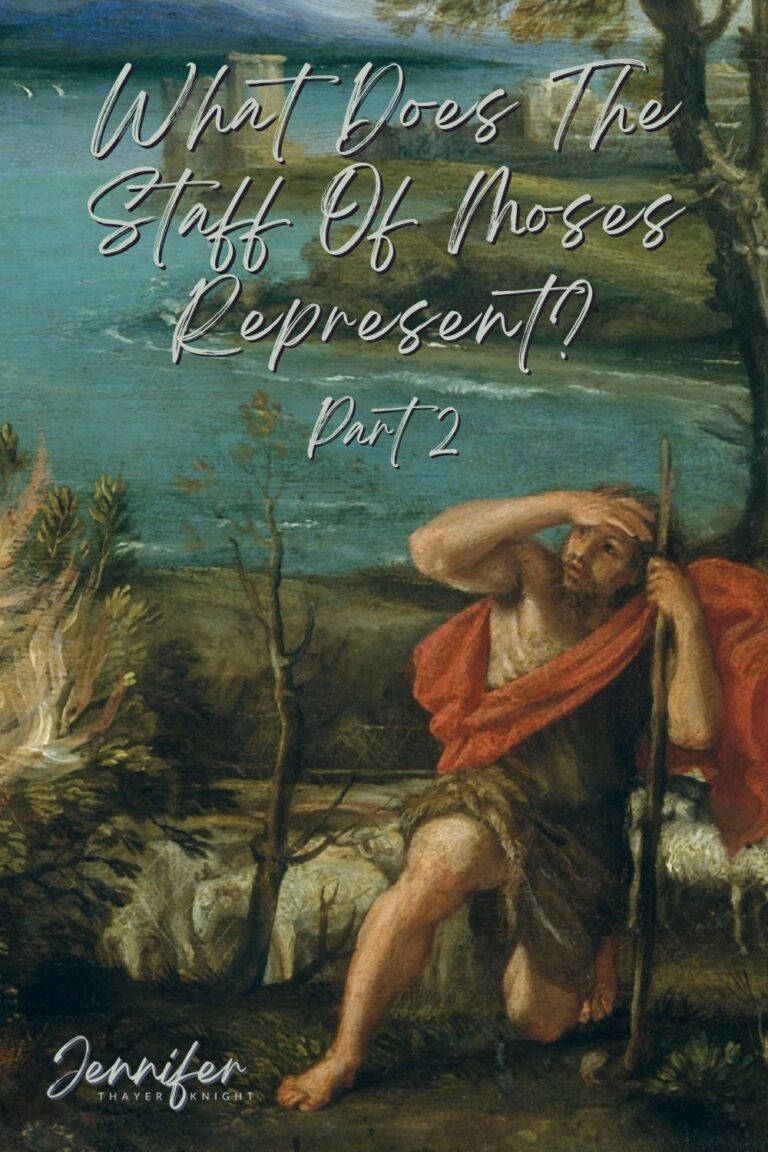YHWH Elohim

Would you rather listen than read? Listen here.
Reflecting on Creation’s Majesty
This morning I joined several friends for brunch. We met at a friend’s house, and from her home you can see unobstructed views of all six mountain ranges that surround the area we live in. The picturesque views of snow-capped mountains take your breath away. Every time we all go to her home, we stare at the landscape as if our first time seeing it.
Over the past few weeks, I have studied for the next upcoming class, a Study of Genesis. Having dug deep into the story of creation, I felt even more moved by the view of the mountains. I sit in wonderment that at the sound of God’s voice, the mountains, all the varieties of flowers, the many colors of birds, the oceans, everything, all came into being. I often marvel at what an incredible and complex God we serve.
Elohim
The first line of Scripture says, “In the beginning, God.” The Hebrew word for God here is אֱלֹהִים Elohim. This name for God is a masculine plural noun for majesty. According to the NIV Exhaustive Concordance Dictionary on BibleGateway.com, it is plural in form but singular in meaning, with a focus on great power. This masculine name for God teaches us of His justice, and can be found 34 times in the first creation story (Genesis 1:1- 2:3).
This is a very generic name for God and can describe both God and gods. It is used over 2600 times in the Scriptures for God, gods, goddesses, ghostly figures, angels, and more. It is one of many words that has to be read in the context in which it was originally intended to know if the author is using it for God or something else.
YHWH (Yahweh)
In the second creation story (Genesis 2:4 – 25) we see the name of God change from God to Lord God. In the Hebrew this is אֱלֹהִים יהוה YHWH Elohim. We add vowels to it and spell it Yahweh. This is the proper name of God. A name so holy the Jews will not say it. They take Exodus 20:7 seriously. It says, “You shall not misuse the name of the Lord your God, for the Lord will not hold anyone guiltless who misuses his name” (NIV). Instead, they call Him Jehovah. If you would like to read further on this, you can read more here.
According to the NIV Exhaustive Concordance Dictionary on BibleGateway.com, “Yahweh implies a personal or covenant relationship; the name pictures God as the one who exists and/or causes existence:–the Lord.” In the same way that God created all things with His breath, His name is said with breath. When God created humans, He breathed life into us. And now when we say His name, it is a picture of that breath of life being used to worship Him. This is a beautiful expression of our deep connection to God.
As I mentioned above, Elohim is a masculine noun that represents justice. Yahweh is a feminine noun and represents mercy. Right here in the first two chapters of Genesis, we find God is just and merciful. Woven into the story of creation, we encounter a God who creates us in His image. Both male and female are revealed in His name.
Just And Merciful
This is the beauty of our God. He is both just and merciful. In His sovereignty, He created all things with precision and perfection. And yet, in His love for us, He gave us the ability to choose right from wrong. We see this depicted in the story of Adam and Eve, where they are given free will to obey or disobey God’s command. But even when they chose disobedience, God showed mercy by providing them with clothing and not immediately punishing them as they deserved.
Study Genesis
Throughout Scripture, we find this beautiful balance of God’s character. He is just, demanding righteousness and justice, but also merciful, offering forgiveness and grace. I invite you to join me as we journey through the book of Genesis. There, we will discover the depths of God’s love and the beauty of His character. We will see how His plan for redemption and restoration begin in the first book of the Bible.
As we dive into Genesis, we will also explore practical applications for our lives today. We may not be faced with the same decisions as Adam and Eve, but we still have the freedom to choose how we live our lives. Through this study, we will learn how to make choices that align with God’s character and bring glory to His name.
So, whether you are a new believer or someone who has been walking with God for many years, I invite you to join me. Learn more here.







